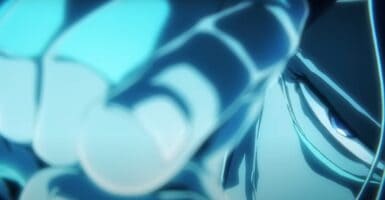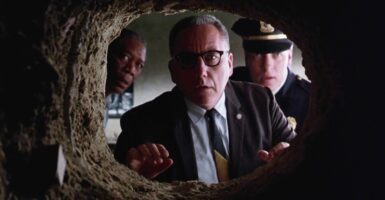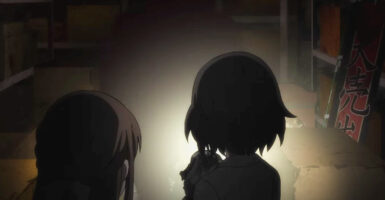Mysterious, Unknown Bacteria Discovered On The International Space Station
A new, previously unidentified bacteria was found on the International Space Station. This isn't a horror film, it might be a good thing.
This article is more than 2 years old
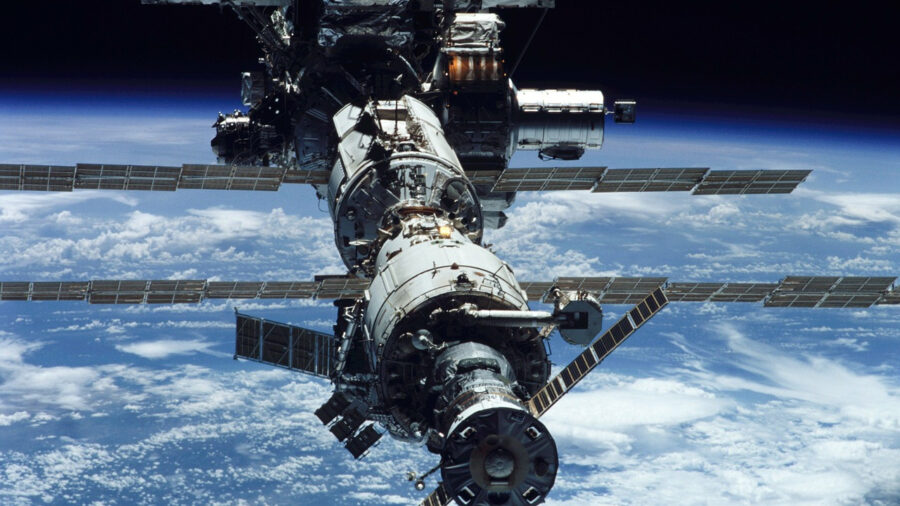
When reading that a mysterious and unknown bacteria was found on a space station you’d likely think you had just opened to the beginning of a science fiction novel or a quick description of an upcoming horror movie. That’s how these things always begin. First thing you’re studying something in space and the next thing your ship is being overrun by an unknown alien organism that’s terrorizing the whole ship. But with the new bacteria found on the International Space Station, that isn’t the case. In fact, this new bacteria might end up being helpful.
Scientists have been studying different parts of the International Space Station (ISS) looking for signs of bacteria and seeing what will grow consistently in this environment. One thing they found was the presence of newer bacterias that hadn’t been previously identified. But that didn’t sound the alarm bells by any means. In fact, the folks were encouraged by the development thinking that new bacteria, used to surviving and thriving in this unique environment would be helpful for longer space trips in the future.
The new bacteria found on the International Space Station is part of the Methylobacterium family and four total species were found located in all different parts of the ISS. One of those strands was one that had been identified before, but the three others were totally new kinds. They are being sent back to Earth for further testing but scientists in charge of the study are encouraged by the findings.
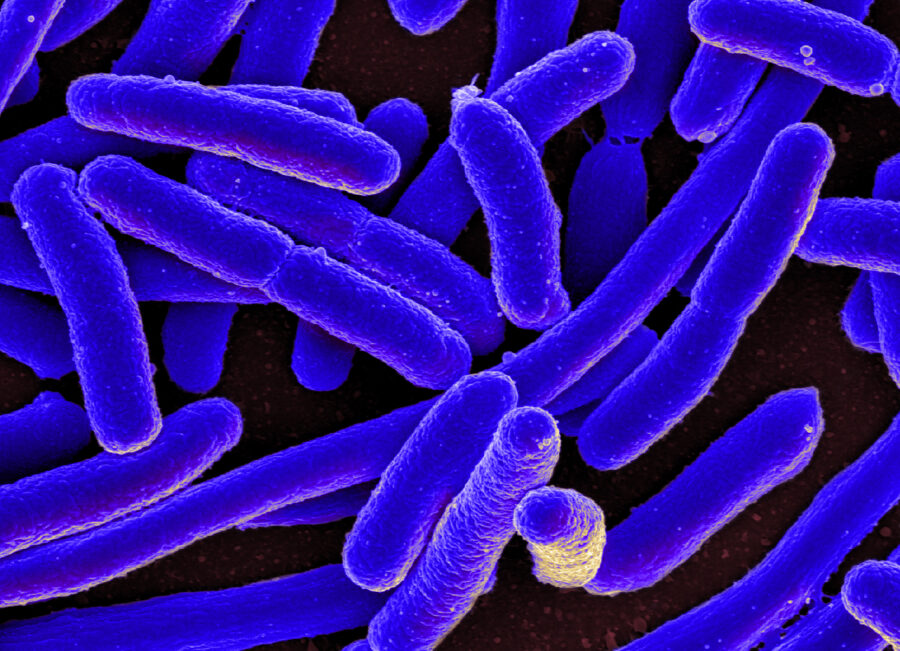
The reason for the positivity around the new bacteria, which again in movies would likely spell the end of the ship completely, is because they think the finding will help with the ability to grow plants more steadily and consistently in space. For long term space travel, one of the keys is being able to produce food on the ship in the form of gardens. For longer and longer space expeditions, crews won’t be able to just rely on food stores but rather will need to ensure an active growing environment for long term viability. That can be difficult in space because of the conditions. But with the finding of the bacteria, scientists think they can use them in the growth process to help figure out what is good bacteria for the space and also to relieve the stress on the plants.
Again, these findings are totally new and need to be studied before any final determinations are made about the bacteria and its usefulness. But scientists are also encouraged because if they are correct, these new bacteria won’t just help grow plants on the International Space Station, but could also be the key to farming and food growth on Mars. Much of what they are doing on the ISS is in preparation for longer trips to the Red Planet.
So you didn’t just open up the first page of a space horror script with new bacteria eating the brains of everyone on the ship. This new finding is a good thing and could be the key to even longer space travel in the future.




